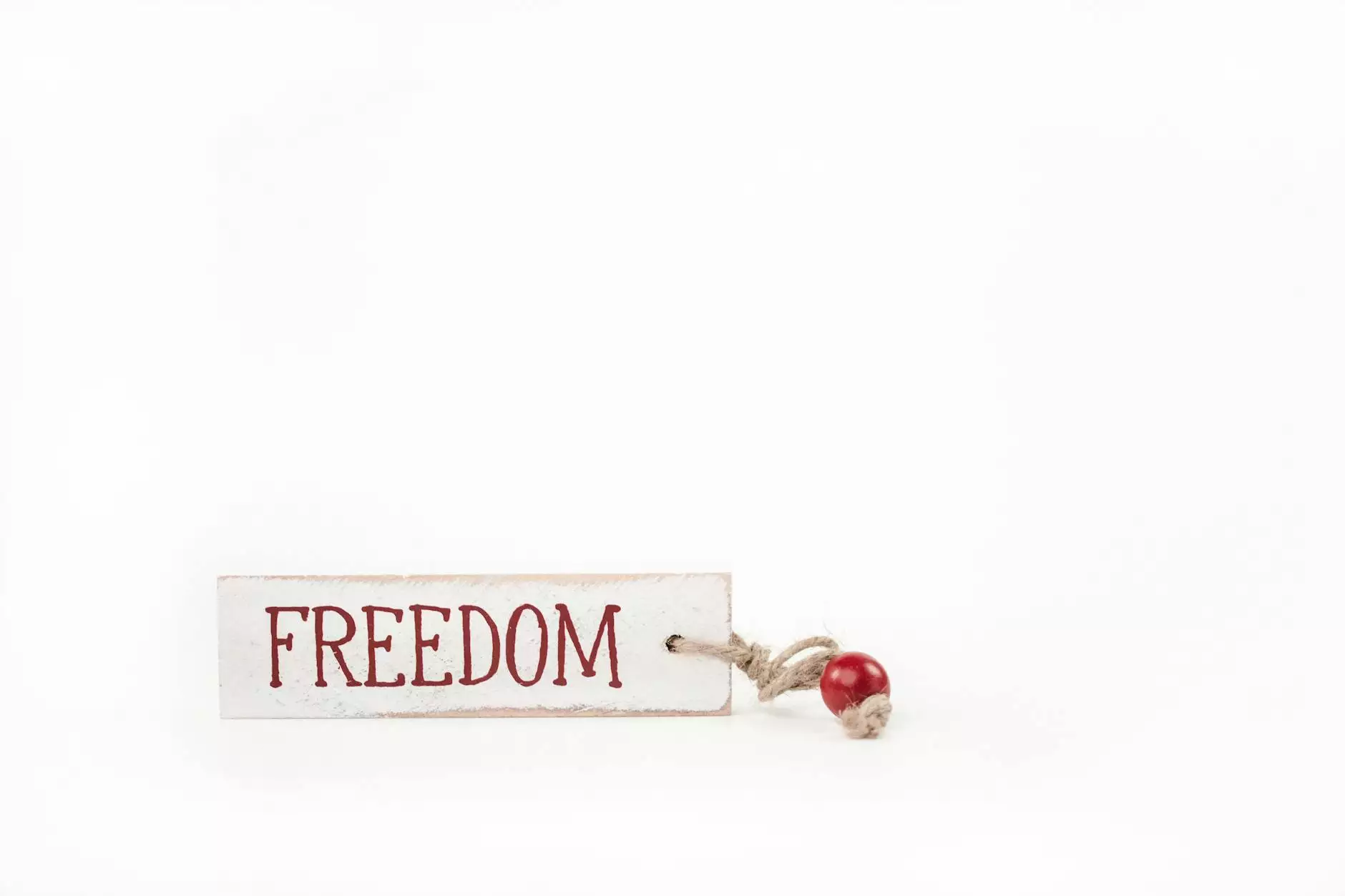The Comprehensive Guide to Swelling in Feet and Ankles

Swelling in feet and ankles is a common concern that affects individuals of all ages. It can be an isolated symptom or indicate a more serious underlying condition. This extensive guide aims to shed light on the myriad causes, symptoms, and potential treatments for this condition, helping you better understand your health and take informed steps toward relief.
What Causes Swelling in Feet and Ankles?
The reasons behind swelling in feet and ankles can vary widely, and understanding these causes is crucial for effective treatment. Here are some of the most common reasons:
- Injury: A sprain, fracture, or any form of trauma to the feet or ankles can lead to swelling due to inflammation.
- Fluid Retention: Conditions such as heart failure, kidney disease, or liver disease can cause your body to retain fluid, leading to swelling.
- Pregnancy: During pregnancy, many women experience swelling in their legs and feet due to hormonal changes and increased pressure on the veins.
- Venous Insufficiency: This condition occurs when veins struggle to send blood from the legs back to the heart, leading to pooling of blood and swelling.
- Medications: Certain medications, particularly those for high blood pressure and anti-inflammatory drugs, can cause swelling as a side effect.
- Chronic Conditions: Diseases such as diabetes, arthritis, and thyroid disorders can contribute to swelling in the lower extremities.
Recognizing Symptoms Side by Side with Swelling
While swelling in feet and ankles is the primary symptom, it often accompanies other signs that can help in diagnosing the underlying issue. Key symptoms to watch for include:
- Pain or Discomfort: Swelling can often be painful, and additional symptoms such as soreness or tenderness may be present.
- Redness or Warmth: Inflamed areas may feel warm to the touch and appear red, signaling an infection or inflammation.
- Skin Changes: Changes in skin texture, such as peeling or rash, could indicate an allergic reaction or infection.
- Limb Weakness: In some cases, weakness in the affected leg might occur, which could signify nerve issues or other complications.
Diagnosis: How Doctors Identify the Cause of Swelling
When visiting a physician for swelling in feet and ankles, they will typically conduct a thorough examination. This process often includes:
- Medical History Review: Your doctor will ask about your medical history, including any chronic conditions and recent injuries.
- Physical Examination: A physical exam will help assess the degree of swelling and look for other symptoms.
- Diagnostic Tests: Depending on initial findings, tests such as blood tests, ultrasounds, or X-rays may be recommended to determine the underlying cause.
Treatment Options for Swelling in Feet and Ankles
The treatment for swelling in feet and ankles largely depends on the underlying cause. Here are some general treatment strategies commonly employed:
Conservative Management
This approach is often the first line of defense and includes:
- Elevation: Keeping your feet elevated can help reduce swelling.
- Compression: Using compression stockings can provide support and improve circulation.
- Ice Therapy: Applying ice packs can help reduce inflammation and numb pain.
- Rest: Avoiding standing or walking for extended periods gives your legs time to recover.
Medication
If conservative treatments don't provide relief, your doctor may prescribe:
- Diuretics: These medications help expel excess fluid from your body.
- Non-Steroidal Anti-Inflammatory Drugs (NSAIDs): NSAIDs can help alleviate pain and reduce inflammation.
- Corticosteroids: These may be prescribed for inflammatory conditions that contribute to swelling.
Advanced Treatments
For more severe conditions, other options may include:
- Physical Therapy: A physical therapist can design a tailored exercise program to improve circulation and strengthen the muscles.
- Injections: Corticosteroid injections may alleviate swelling due to inflammatory conditions in some cases.
- Procedures: In cases of severe venous insufficiency, your doctor might recommend treatments like sclerotherapy or vein stripping to address the underlying issue.
Preventive Measures for Swelling in Feet and Ankles
While not all causes of swelling can be prevented, adopting certain lifestyle changes can significantly reduce your risk:
- Stay Active: Regular physical activity promotes better circulation and helps prevent swelling.
- Maintain a Healthy Weight: Excess weight puts additional strain on your legs and veins.
- Limit Salt Intake: Reducing dietary sodium can minimize fluid retention.
- Wear Comfortable Footwear: Shoes that provide good support can help alleviate pressure on your feet.
- Stay Hydrated: Drinking adequate amounts of water can help prevent fluid retention.
- Manage Chronic Conditions: Properly managing chronic illnesses such as diabetes or heart disease can help minimize complications.
When to Seek Medical Attention
It is essential to consult a healthcare provider if you experience:
- Severe or sudden swelling: Rapid swelling may indicate a serious medical condition, such as clotting or heart problems.
- Swelling accompanied by chest pain: This can signify a heart attack or pulmonary embolism.
- Swelling that does not improve: If swelling persists despite home management efforts, seek professional evaluation.
- Fever or chills: These may accompany infections that require immediate treatment.
- Shortness of breath: Difficulty breathing should always be taken seriously, as it can indicate a more severe condition.
Conclusion: Understanding and Managing Swelling in Feet and Ankles
Swelling in feet and ankles can arise from various factors, many of which can significantly impact your daily life. Understanding the causes and potential treatments empowers you to make informed decisions about your health. At Truffles Vein Specialists, our team is committed to helping you navigate these challenges with personalized care and expertise. If you're experiencing swelling or have concerns about your vascular health, don't hesitate to reach out to our office for a consultation. Your journey toward healthier, pain-free legs starts here!



